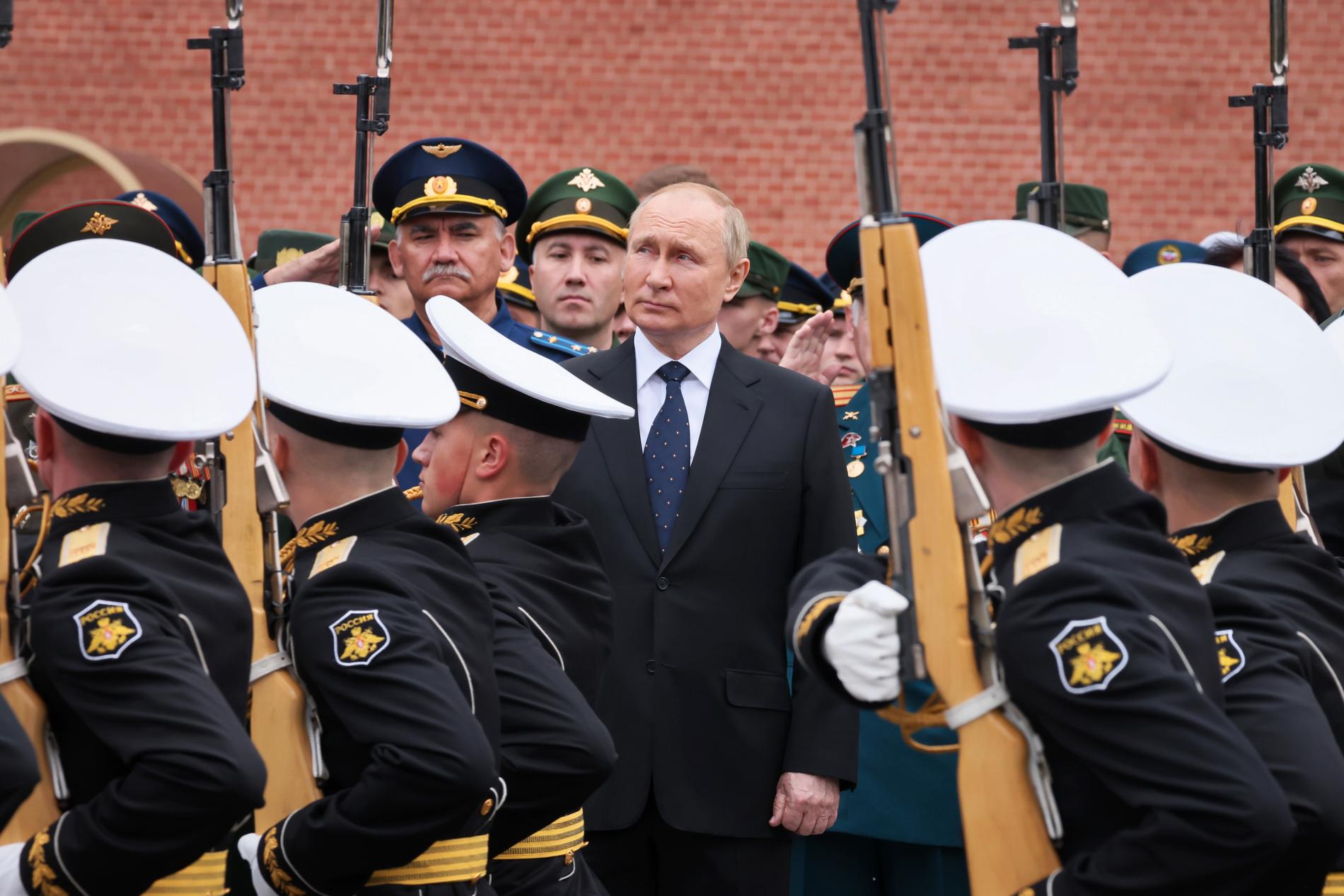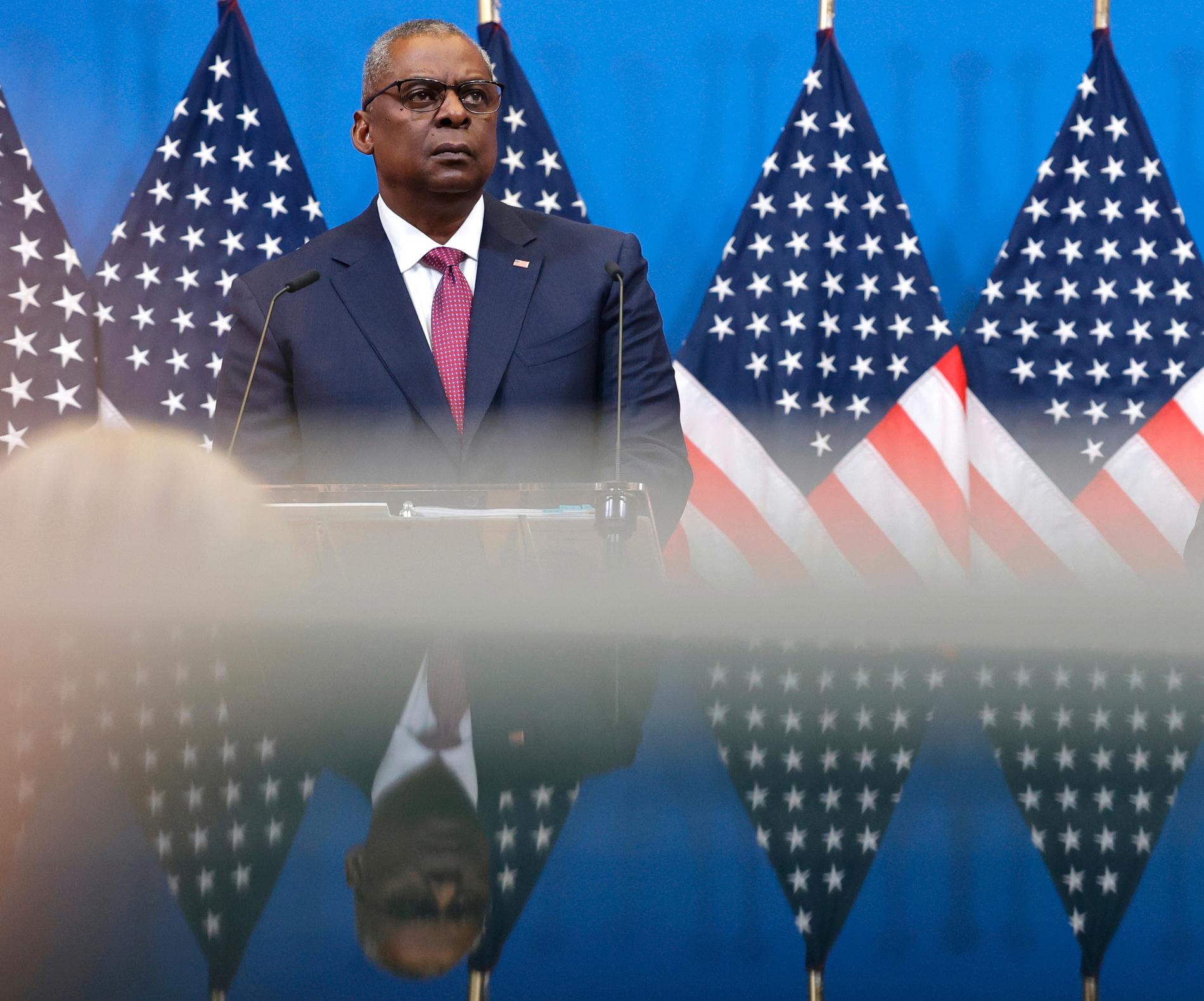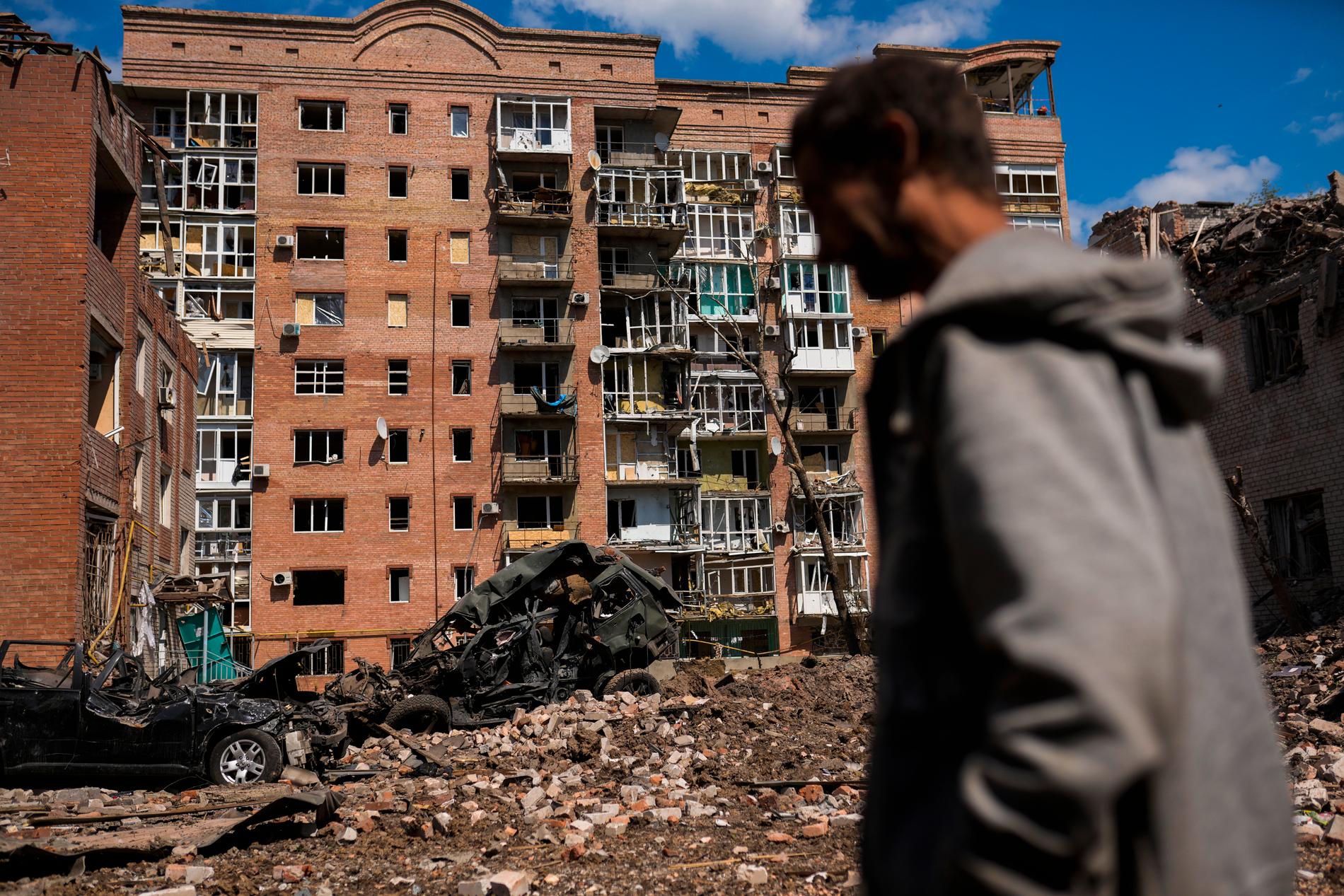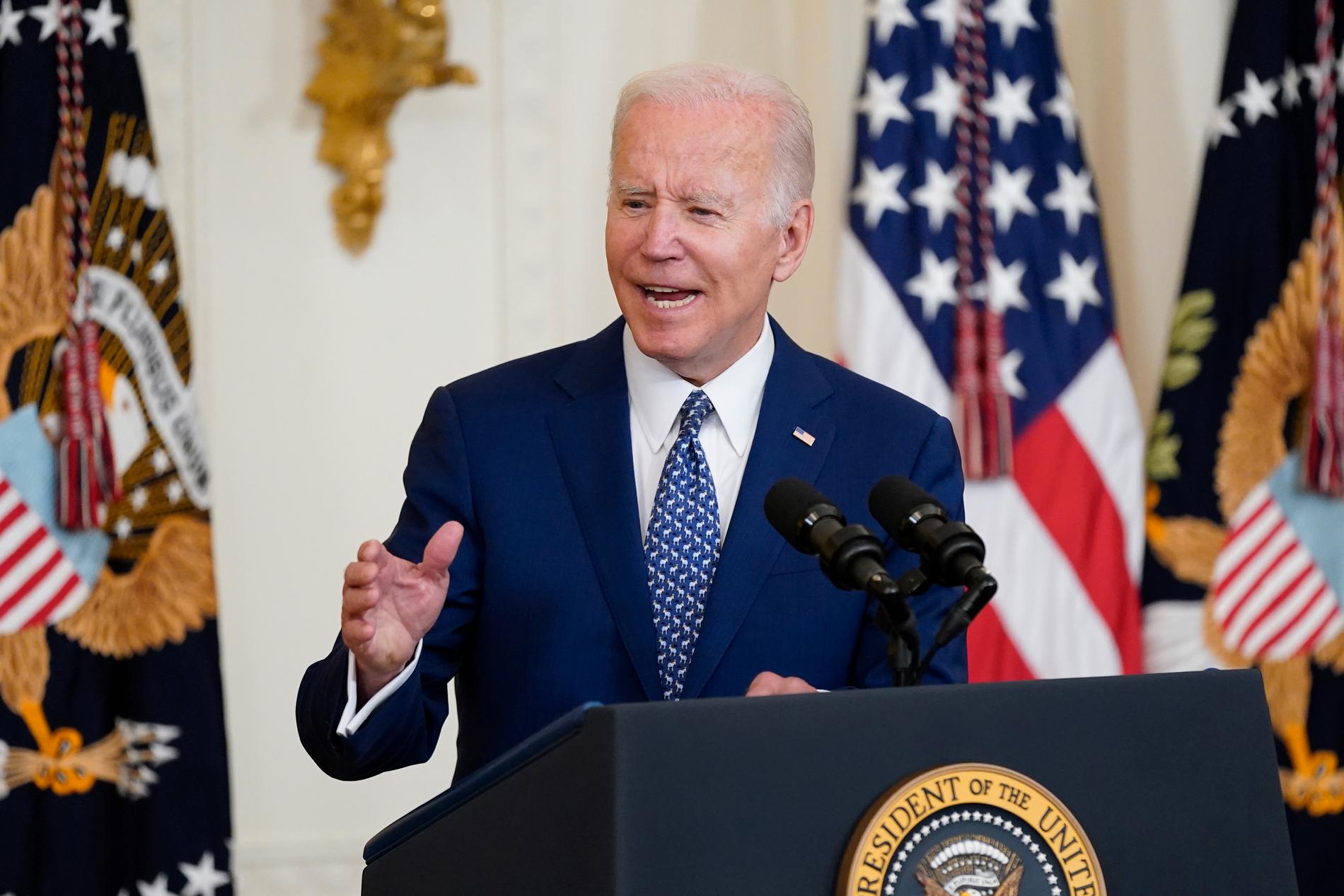 –
–The West’s response to the Ukraine war is similar to a war against Russia, according to Sverre Lodgaard at the Norwegian Institute of Foreign Policy (Nupi).
Less than 20 minutes ago
–
Four months after Russia’s invasion, the attention around Ukraine has become somewhat less in the European and American media.
But the Western countries’ involvement in the conflict has not diminished. Arms support for Ukraine and pressure on Russia are constantly being stepped up, with hopes of Ukrainian victory and Russian defeat.
 –
–– In Eastern Ukraine it is reminiscent of a civil war. It waves back and forth, and the Russians are now making the most progress. But the shifts are small, as far as I understand, Lodgaard says to NTB.
High casualty figures are reported, and Ukrainian authorities says the mister up to 200 soldiers every single day.
 –
–Comprehensive sanctions
At the forefront of Western support is the United States, which has granted over $ 50 billion for weapons, humanitarian and financial assistance and other types of assistance to Ukraine. The sum corresponds to approximately NOK 500 billion.
In parallel with this, the USA, the EU and other western countries – among them Norway – have introduced a very long series of sanctions against Russia.
In a chronicle in Aftenposten recently Lodgaard wrote that Russia is under pressure militarily, politically, economically and socially. He used the word “war” about the Western effort.
Lodgaard tells NTB that he did not mean this quite literally – but as an expression of the extent of the press funds directed at Russia.
– There is talk of weapons, intelligence information, sanctions, boycotts, condemnations and cancellation of agreements and contacts, he says.
– One of the biggest crimes
The first Western reactions came very quickly after Vladimir Putin started his war of aggression against Ukraine on 24 February.
– The starting point here is that there is a war of aggression. This is one of the biggest crimes in international law. The reactions have been then, says Lodgaard.
He has previously headed the Norwegian Institute of Foreign Policy and is currently a senior researcher at the same research institution.
As the months have passed, Lodgaard believes that the western reaction has changed character and in part given a new aim. He refers to US Secretary of Defense Lloyd Austin, who after a visit to Kyiv in April said he wanted Russia weakened.
– More and more sanctions have been imposed. And it has been accepted that much of this will also hurt in their own countries, says the Nupi researcher.
Johnson rejects
The Russian government has also used the terms “war” and «Deputy war» about the western pressure.
The Prime Minister of the United Kingdom Boris Johnson has rejected that there is some proxy war against Russia. But Lodgaard does not think that the expression is completely unreasonable. He again refers to Lloyd Austin’s desire to weaken Russia so that the country can not start more invasions.
Whether the fierce pressure on Russia is wise or unwise, he does not want to think too much about. A widespread belief in the West is that the Ukrainians must receive as much support as possible so that they can win the war.
Some analysts – among them former US Secretary of State Henry Kissinger – believe it is instead right to apply for a negotiated solution to prevent the conflict from developing into a new type of war against Russia.
Rattles with the saber
A backdrop for the conflict between Russia and the United States is the countries’ nuclear weapons, which make it important to avoid an excessive escalation.
Several times in recent months, Russian authorities have reminded the outside world of their nuclear arsenal and warned of the danger of World War III. Like many other Western experts, Lodgaard believes that these are largely empty threats.
He believes the danger of escalation would increase if Ukraine had the opportunity to reconquer the Crimean peninsula – but adds that today it seems unlikely.
– Little fighting power
Many analysts have been surprised that Russia’s conventional military forces have not been more effective. The Russian army has lost large quantities of materiel, and probably also many soldiers.
Nevertheless, it has been driven back in a number of places, and progress in eastern Ukraine is slow.
Lodgaard recalls that Russia initially had limited military and economic resources, with a gross domestic product the size of Spain.
– Russian imperialism is not supported by fighting power, he states.
He has no doubt that Russian leaders have imperialist ideas about an expanded territory. But the implementation ability seems to be small.
That Russia should now try to invade a NATO country is almost inconceivable, according to Lodgaard, who points out how bad things are with the Russian army.
–


